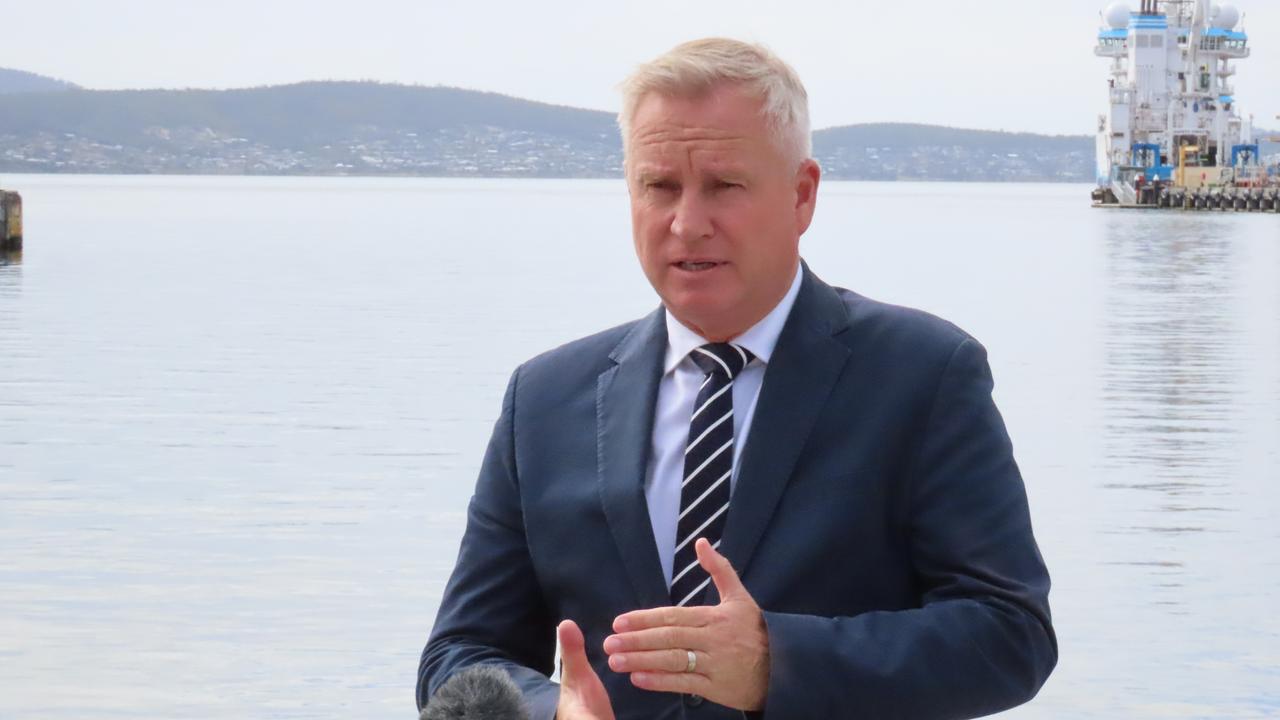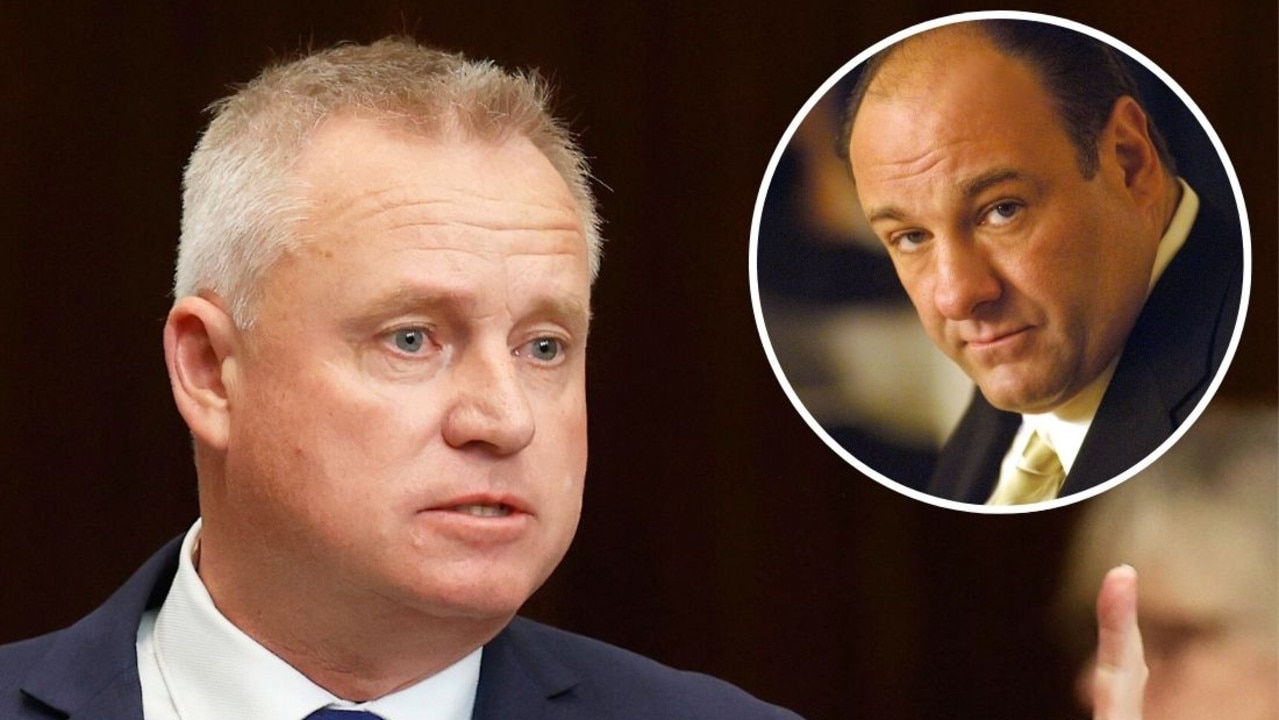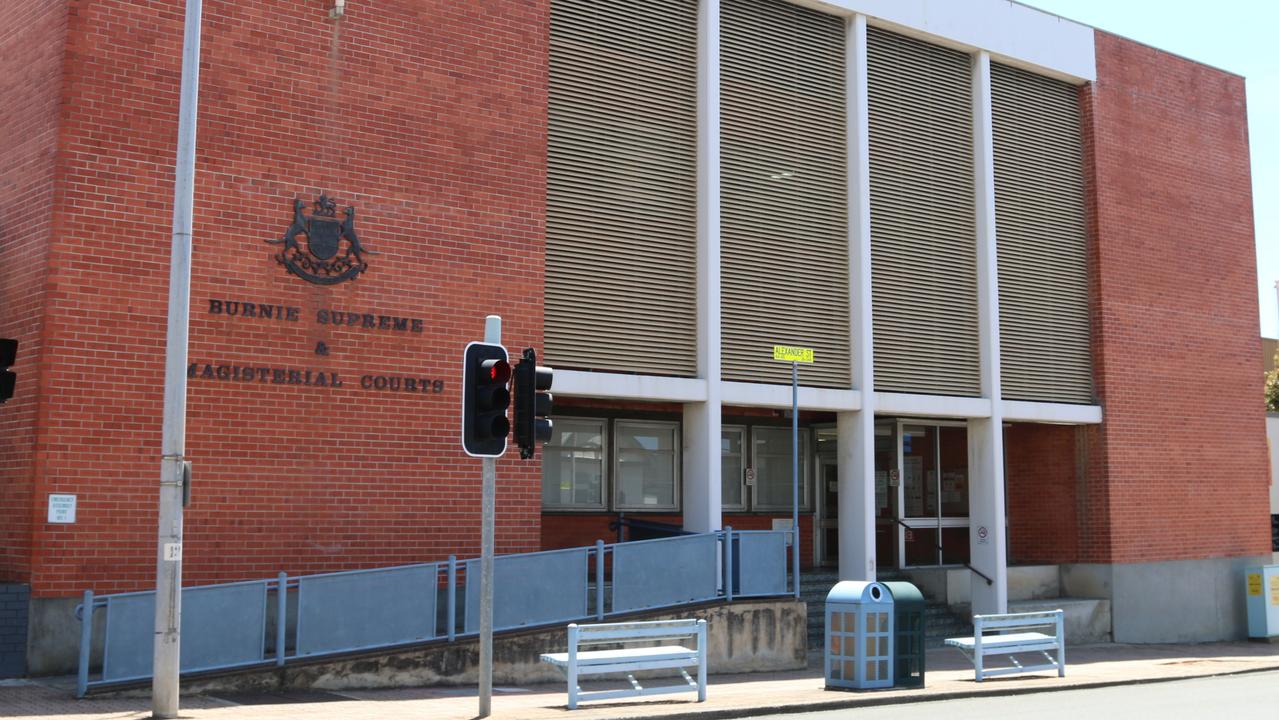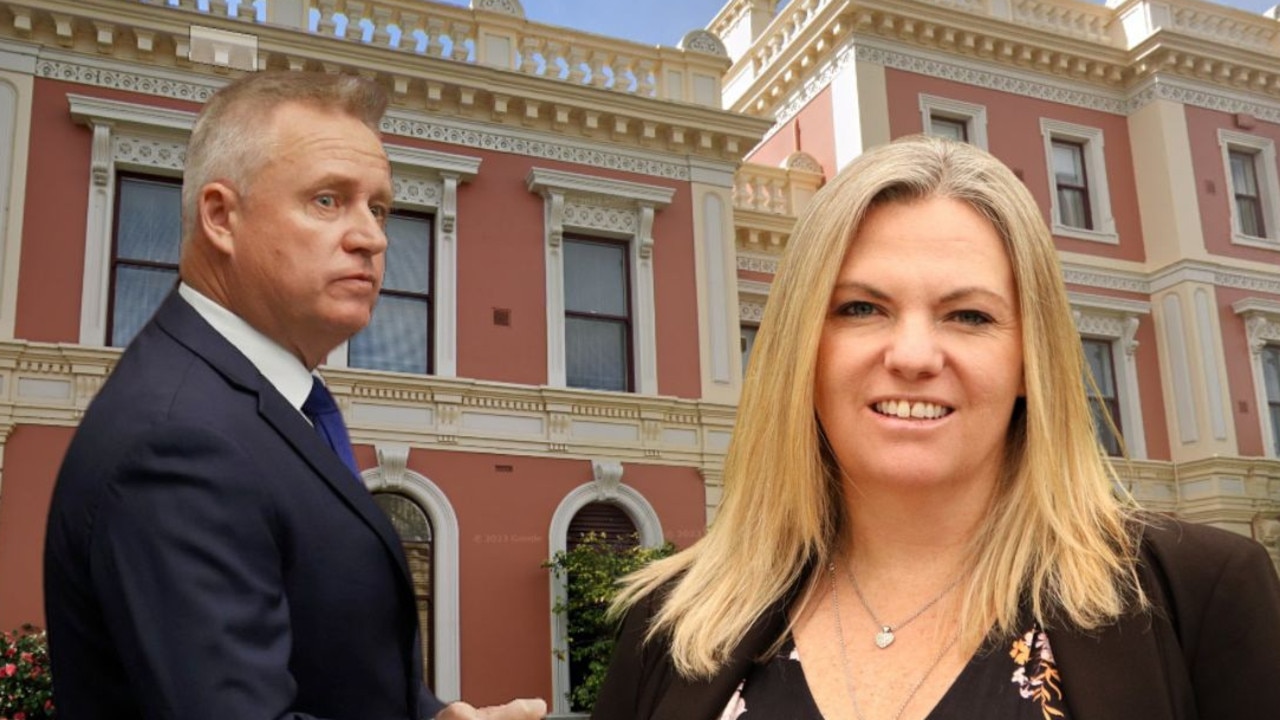Union has called out ‘disingenuous’ action from government on youth crime prevention
‘Abandoning the basics’: The community sector union is flummoxed over youth crime prevention announcements when a program supporting at-risk youth has been placed on hold for months.

Tasmania
Don't miss out on the headlines from Tasmania. Followed categories will be added to My News.
A state program aimed at diverting young people from a life of crime has been put on hold for months across the state’s North and North-West, a union says.
Despite being lauded as a “milestone” program by the Premier when launched in 2022, the government has failed to confirmed that the Multisystemic Therapy (MST) program was still running.
The program was aimed at youth crime prevention by offering to support young people with serious or escalating anti-social and problematic behaviour.
At the time Premier Jeremy Rockliff said the program was “a significant milestone for Tasmania and presents a strong opportunity for diverting vulnerable young people from the youth justice pathway.”
Now, the Community and Public Sector Union are saying the program has been closed to the North and North West of Tasmania for months.
CPSU lead organiser Jess Greene said the union has been pressing the Department of Health for months about the future of the program.

“The Rockliff government was happy to stand in front of cameras and announce MST, but the government wasn’t willing to do the hard work of properly funding and supporting it,” she said.
“At the very same time as they dominate the media talking about a youth justice ‘crisis’, they are abandoning the basics. You cannot fix youth justice if you are cutting evidence-based, community-based supports that actually work.”
In November 2024, the union was told by the Health Department that recruitment for MST was on hold for the North and North-West and since March the program has been on hold statewide because of staffing difficulties.
“It is deeply disingenuous for this government to claim it is ‘stepping up’ on youth crime while it is cutting the very services that prevent young people from entering the justice system in the first place,” she said.
“More police on the beat is not the silver bullet to dealing with youth crime — real solutions also require properly resourced court, legal, and police administrative services to make the system work, as well as supports for the family.
“You can’t arrest your way out of poverty, family breakdown, or generational trauma.”
A spokesperson for the Tasmanian Health Service said in 2023 and 2024, 62 young people were discharged from the program with an average length of intervention of 131 days.
“As part of our response to recommendations from the Commission of Inquiry (COI) and the Child and Adolescent Mental Health Service (CAMHS) Review 2020, the department is currently working to implement a new contemporary evidence-based youth forensic mental health service,” the spokesperson said.
“This will expand on current services provided in this space and involve development of a comprehensive youth forensic model of care that is flexible and responsive to the needs of communities and young people at all stages of engagement with offending behaviours and the youth justice system.”
“The MST program ran at a reduced level until December 2024 due to staffing challenges. Since this date, ongoing support has been provided to any referred young people,” a spokesperson said.
“Until the new program is launched in coming months, children and young people are currently being supported by the Youth Forensic Service and the Child and Youth Mental Health Service, including a child psychiatrist and youth workers connecting these individuals with youth programs in the community.”
More Coverage
Originally published as Union has called out ‘disingenuous’ action from government on youth crime prevention








